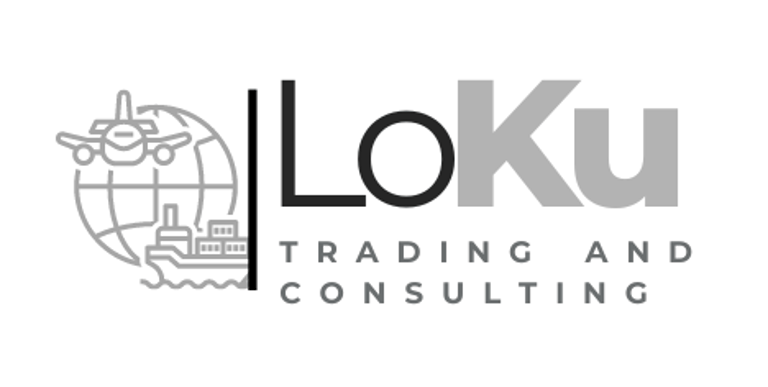The Rise of Sustainable Gourmet Products: Meeting the Demands of the Luxury Market
Maria Cuni
11/20/20242 min read


In recent years, the luxury food market has witnessed a significant shift: a growing preference for gourmet products that not only meet the highest standards of quality but also adhere to principles of sustainability. Consumers are no longer satisfied with just exceptional flavors; they want to know their choices contribute positively to the environment and the global food supply chain.
What Makes a Product "Sustainably Gourmet"?
Sustainable gourmet products combine two essential qualities: luxury and environmental responsibility. These are foods crafted with care for the environment, workers, and communities, while maintaining unparalleled taste and presentation. Key examples include:
Extra Virgin Olive Oil: Cold-pressed, organic, and sourced from sustainable farms.
Artisanal Coffee: Grown under fair trade practices, supporting small-scale farmers.
Organic Wines: Produced using biodynamic farming methods and without synthetic chemicals.
These products cater to a discerning clientele who value transparency, ethical sourcing, and ecological impact as much as flavor and quality.
Why Sustainability Matters in the Luxury Market
Sustainability is no longer just a trend—it’s a necessity. High-end consumers are increasingly aware of issues such as:
Climate Change: Understanding how conventional farming practices contribute to global warming, buyers seek products with a reduced carbon footprint.
Fair Trade Practices: A desire to support ethical labor practices and protect small-scale producers.
Preservation of Resources: Ensuring that future generations can enjoy high-quality foods through responsible sourcing and production.
The demand for sustainably sourced products is particularly strong in markets like the UAE, where luxury and environmental consciousness intersect.
Examples of Popular Sustainable Gourmet Products
Coffee: Specialty-grade coffee sourced from fair trade cooperatives is a growing favorite among luxury hotels and high-end coffee shops.
Olive Oil: Extra virgin olive oils from eco-conscious producers, often accompanied by certifications like USDA Organic or EU Organic.
Natural Juices: Cold-pressed, additive-free fruit juices are gaining popularity in high-end supermarkets and wellness-focused restaurants.
How Businesses Can Adapt
For companies aiming to meet this growing demand, focusing on sustainability offers a competitive edge. Here’s how:
Partner with Ethical Producers: Establish direct relationships with suppliers who prioritize fair labor and environmentally friendly practices.
Highlight Certifications: Showcase organic, fair trade, and other sustainability certifications prominently on packaging.
Educate Customers: Use marketing materials to tell the story behind your products, from farm to table.
Looking Ahead: A Sustainable Future
As the luxury food market continues to grow, sustainability will remain at the forefront. Companies that prioritize both quality and responsibility will not only attract a loyal customer base but also contribute to a healthier planet.
